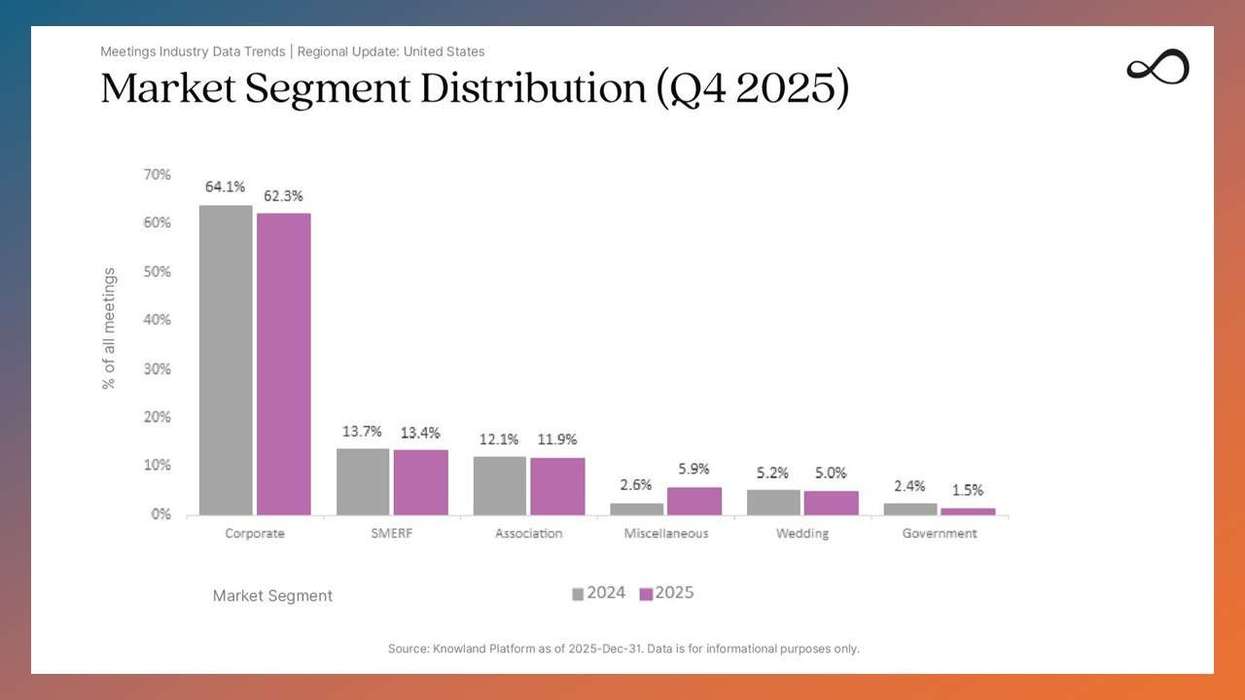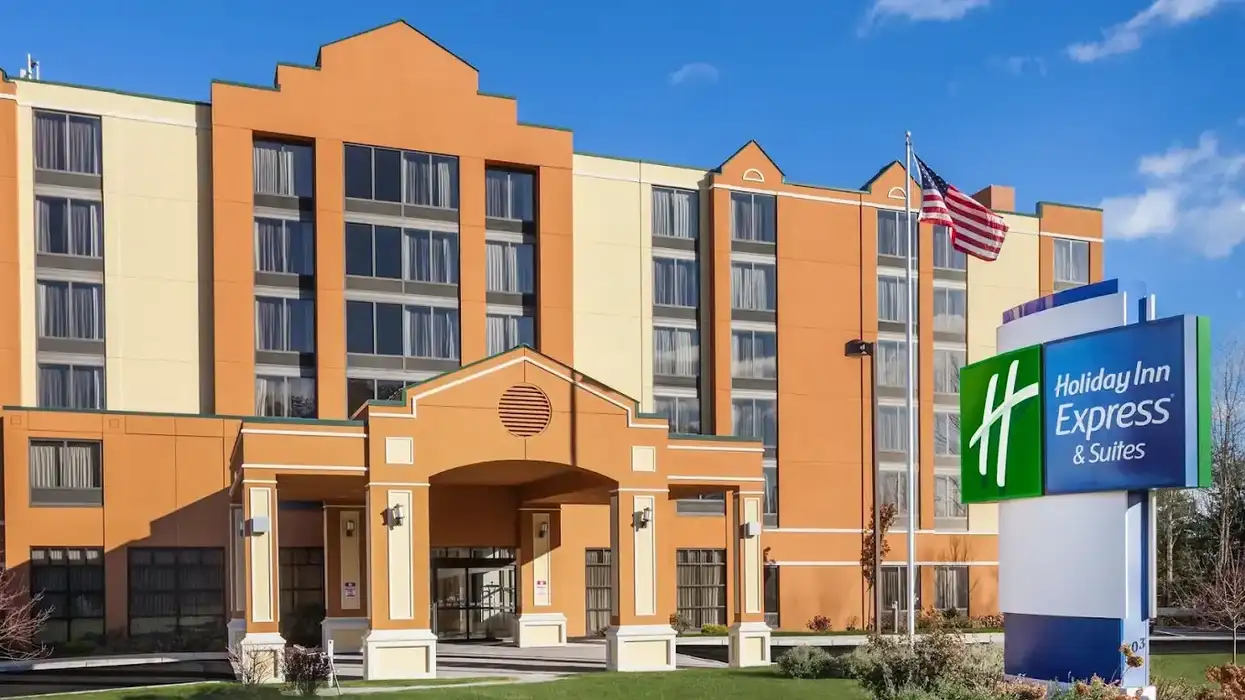AS CONGRESS STRUGGLED to take the next step toward agreeing on the next phase of federal assistance to businesses hit by the COVID-19 pandemic, AAHOA is warning of a “catastrophic collapse of the hospitality industry” without more aid.
On Thursday, Senate Republicans failed to reach an agreement on their version of the next round of stimulus, unofficially called “CARES 2”. They had overcome some obstacles, such as President Trump’s insistence on including a payroll tax cut, which was left out of the bill, according to the Washington Post. However, there remained more details to work through, Senate Majority Leader Mitch McConnell said in a speech on the Senate floor.
“The administration has requested additional time to review the fine details, but we will be laying down this proposal early next week. We have an agreement in principle on the shape of this package,” McConnell said. “It is the framework that will enable Congress to make a law and deliver more relief to the American people that is tailored precisely to this phase of the crisis.”
In May the Democrat controlled House passed its stimulus bill, the ‘‘Health and Economic Recovery Omnibus Emergency Solutions Act.’’ However, McConnell dismissed that bill as “non-serious” and a “Democrat wish list”
Something must be done soon, said Cecial Staton, AAHOA president and CEO, in a statement.
“Hotel owners are in a precarious situation through no fault of their own and are struggling to keep their doors open,” Staton said. “The small businesses that own and operate the thousands of hotels across the country and the millions of jobs they support will not recover from the impact of the COVID-19 pandemic until people begin traveling again. Until that time, hotel owners need targeted and immediate economic stimulus or the industry will collapse.”
AAHOA outlined the industry’s requirements in a letter to Congress on Thursday. They include
- Debt restructuring and commercial mortgage-backed security loan relief.
- Expanding the Paycheck Protection Program that provides loans allowing businesses to retain as many employees as possible.
- Allowing asset-based businesses to access the Main Street Lending Program.
- Providing limited safe harbors to protect businesses from coronavirus lawsuits.
- Expanding COVID-19 testing.
The American Hotel & Lodging Association and the U.S. Travel Association have outlined identical demands in their own letters to Congress over the past week.
McConnell mentioned further relief for businesses in the Republican bill, but did not specify what form that would take.
“Small business owners across the country have explained how this dynamic is slowing rehiring and recovery. So we’re going to provide help, but make sure it is suited to a reopening economy,” he said. “But temporary relief cannot be our endgame.”
Instead, the Republicans will propose incentives for employee retention and help for companies to provide personal protection equipment for those employees. Either way, something must be done, according to AAHOA.
“Millions of jobs and billions of dollars in assets are on the line,” Staton said. “If Congress fails to act, our local hotels may not be there to welcome guests back into our communities when the pandemic ends and travel resumes.”





